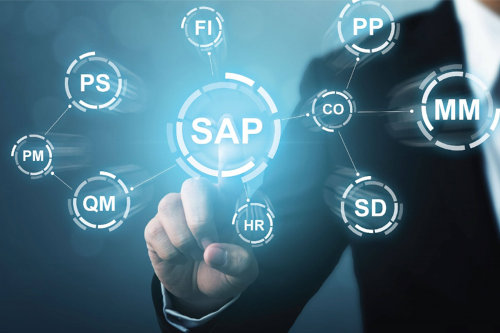ERP stands for “enterprise resource planning.” These programs allow companies to manage key business operations, automate workflows, and gain organization-wide visibility. ERP software breaks down information silos across various departments and provides a centralized database for common business activities.

By centralizing data and standardizing processes with a unified information system, ERP enables a seamless exchange of information across departments. This improves access to real-time data analytics and reporting for better business insights and decision-making. ERP also helps enforce compliance controls and automated best practice processes company-wide, driving higher operational efficiency, productivity, and cost savings overall.
Traditionally, complex and expansive ERP solutions were custom-built for large enterprises like big corporations or manufacturers.…
Continue reading








